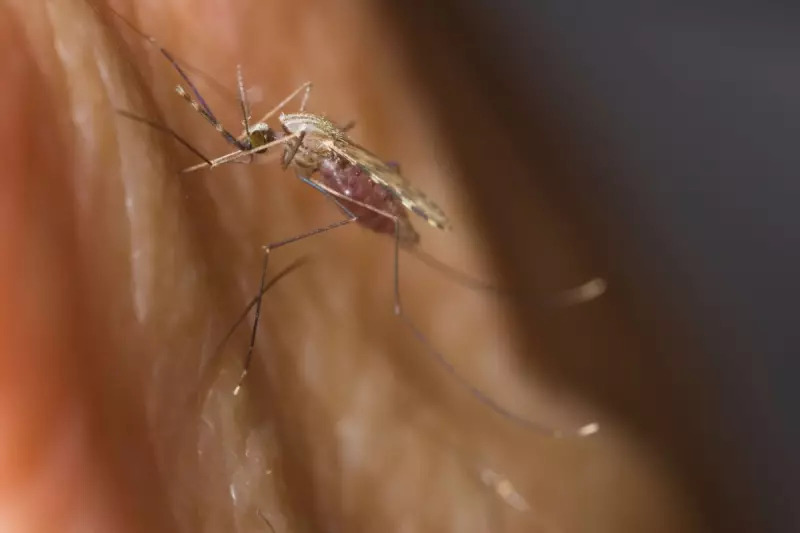
Brazil is mobilising its armed forces in an unprecedented battle against a tiny foe: the Aedes aegypti mosquito. Facing a devastating surge in dengue fever cases, the nation is deploying a revolutionary biological weapon—bacteria-infected mosquitoes—in a desperate attempt to curb the outbreak.
The innovative strategy centres on the Wolbachia method. Scientists breed mosquitoes infected with a naturally occurring bacteria that prevents them from transmitting viruses like dengue, Zika, and chikungunya to humans. These 'good' mosquitoes are then released into the wild, where they breed with local populations, passing the bacteria to their offspring and effectively inoculating the insect population against spreading disease.
A National Health Emergency
The campaign comes as Brazil grapples with a public health crisis. The country has recorded over a million probable cases of dengue in the first two months of 2024 alone, a figure four times higher than the same period last year. The outbreak has already claimed 214 lives, with a further 687 deaths under investigation.
In response, the Brazilian government has initiated mass releases of these Wolbachia-carrying mosquitoes. The army, health workers, and volunteers are fanning out across heavily affected areas, including Rio de Janeiro, to release the insects from plastic pots.
The 'Wolbito' Method: A Sustainable Solution?
Pioneered by the World Mosquito Program, the Wolbachia method is considered a self-sustaining and chemical-free alternative to traditional pesticides. Once established in a local mosquito population, the bacteria's effects can persist for years. The approach has earned the nickname 'Wolbito'—a portmanteau of Wolbachia and mosquito—in Brazil.
"It’s a sustainable solution," a health official stated. "The bacteria does the work for us, spreading naturally through the mosquito population and drastically reducing the transmission of deadly viruses."
While the method shows immense promise, health authorities stress it is part of a broader toolkit that includes public education campaigns urging citizens to eliminate standing water where mosquitoes breed. For now, a nation holds its breath, hoping this army of tiny allies can turn the tide in a critical war for public health.





